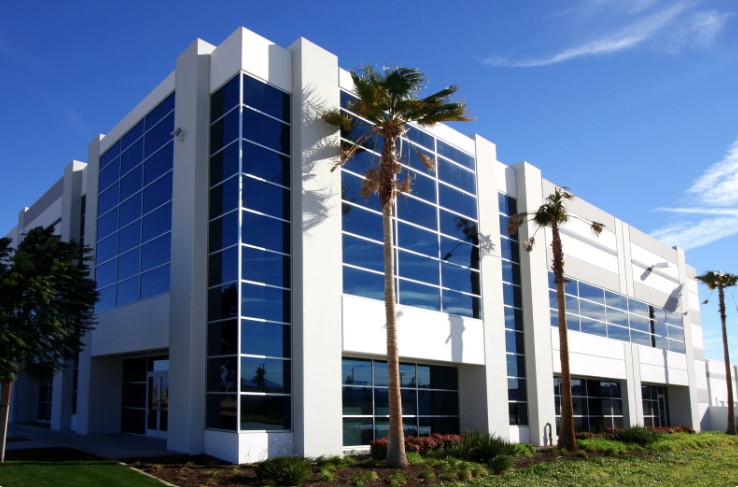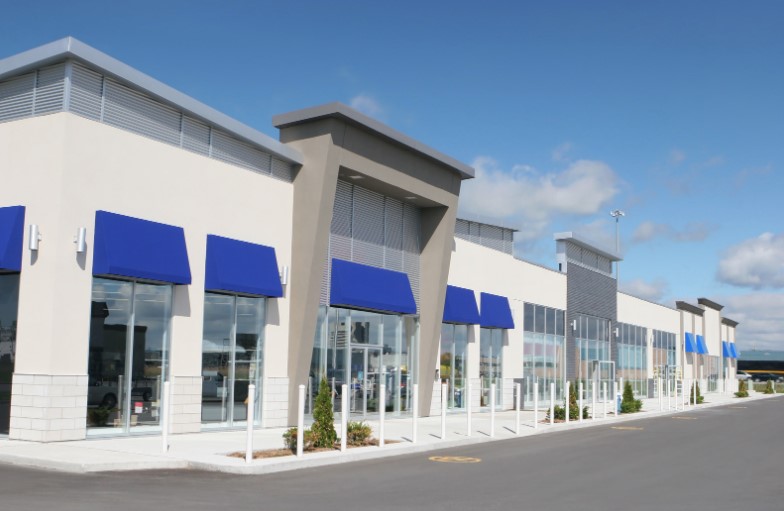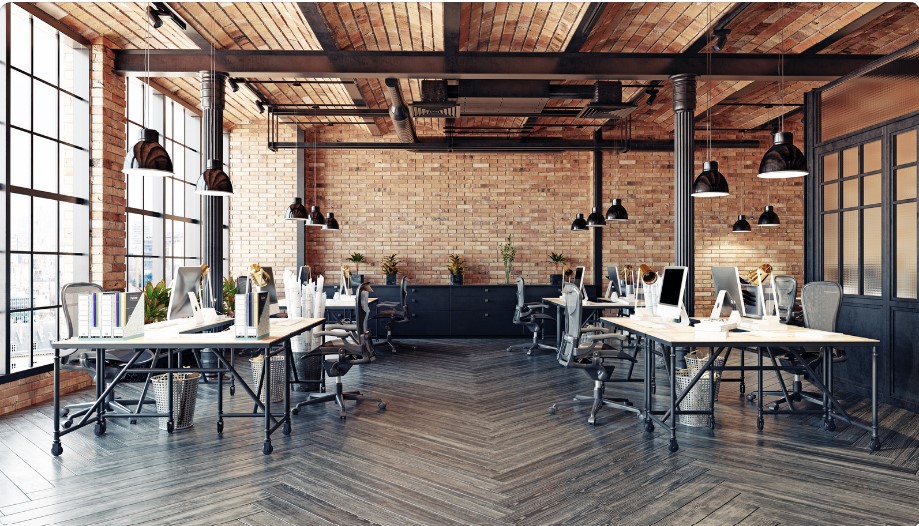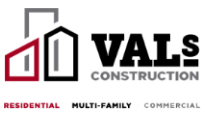Commercial


CONSTRUCTION
Commercial
Commercial construction refers to the development and building of structures intended for commercial use, which involves activities related to business, trade, and commerce. This type of construction includes a wide range of building projects, such as:
Office Buildings, Retail Spaces, Industrial Buildings, Hospitality Structures, Healthcare Facilities, Educational Buildings, Entertainment Venues, Restaurants and Cafés.
Licensed local contractors who handle small to large scale projects have a range of responsibilities to ensure projects are completed safely, legally, and to the satisfaction of their clients.
What to expect from our contractors:
- Licensing and Permits: Ensuring that they have the proper licenses for the types of jobs they undertake. This includes staying updated on local, state, and federal regulations and obtaining necessary permits before starting any work.
- Compliance with Laws and Regulations: Adhering to all building codes, safety laws, and labor regulations. This is crucial for legal compliance and to ensure the safety and legality of the construction or repair work.
- Project Assessment and Bidding: Evaluate the scope of the project accurately and provide a detailed contract outlining the cost of materials, labor, and other expenses related to the project.
- Contract Management: Drafting clear contracts that specify the scope of work, project timeline, payment schedule, and other important details.
- Materials Procurement: Sourcing high-quality materials needed for the project while staying within the budget constraints.
- Quality Workmanship: Performing tasks to a high standard to meet or exceed the specifications outlined in the project plan. Quality work leads to client satisfaction and fewer issues down the line.
- Client Communication: Keeping the client informed about project progress, potential delays, and any issues that arise. Effective communication is key to maintaining a good relationship with clients.
- Client Walk-through: Conducting a final walk through for the completed project with the client to ensure satisfaction and to address any final adjustments or corrections.
Key characteristics of commercial construction include
- Functional Design: Buildings are designed to meet specific business needs, often incorporating features like large open spaces, specialized equipment, and accessibility considerations.
- Regulatory Compliance: Commercial construction must adhere to various building codes, safety regulations, and zoning laws specific to commercial use.
- Scale and Complexity: Projects can vary greatly in size and complexity, from small retail shops to large skyscrapers and industrial complexes.
- Economic Impact: Commercial construction plays a significant role in economic development, creating jobs, and supporting local businesses and communities.
Commercial construction projects typically require coordination among various stakeholders, including architects, engineers, contractors, and business owners, to ensure that the buildings meet the intended use and regulatory requirements.


